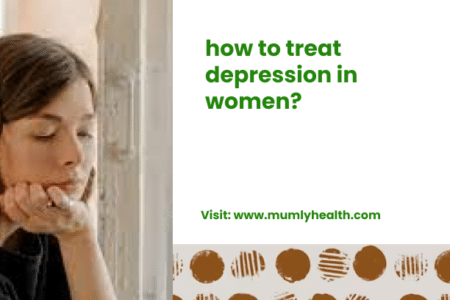Depression and addiction are two of the most debilitating conditions affecting millions worldwide. Individually, they can be crippling, but when they interact, their effects can be magnified, leading to a vicious cycle of suffering and deterioration. An understanding of their intricate relationship is critical to crafting effective treatment for depression and addiction that addresses both conditions concurrently.
The Interplay Between Depression and Addiction
Mutual Exacerbation: Often, individuals suffering from depression resort to drugs or alcohol as a way to self-medicate and alleviate their symptoms. On the other hand, those who struggle with addiction may develop depression due to the physiological and social consequences of their substance abuse.
Biological Connection: Both depression and addiction can alter the brain’s structure and function. Common areas affected include the reward pathway and the prefrontal cortex, which influence pleasure, decision-making, and impulse control.
Environmental Triggers: Situations like trauma, stress, and loss can act as precursors to both depression and substance abuse. These situations can drive an individual towards drugs or alcohol as a coping mechanism, while simultaneously precipitating or deepening depressive episodes.
Genetic Vulnerability: Some studies suggest that genetic factors might make certain individuals more susceptible to both depression and addiction.
The Need for Comprehensive Treatment
To effectively address the intertwined nature of depression and addiction, treatment strategies must be multidimensional.
Simultaneous Treatment: Addressing one condition while neglecting the other can lead to treatment failure. For instance, treatment for drug addiction without also addressing underlying depressive symptoms can result in relapse, and vice versa.
Integrated Treatment Approaches: These are specifically designed to treat co-occurring disorders. Such programs integrate services to provide therapy for mental health and substance use disorders simultaneously.
Individualized Treatment Plans: Given the myriad of factors that influence the development and manifestation of both conditions, treatment must be tailored to the individual. This might involve various combinations of medication, psychotherapy, lifestyle changes, and support groups.
Psychoeducation: Educating patients about the interconnected nature of their conditions can empower them to understand and manage their symptoms better. Understanding how alcohol or drugs can exacerbate depressive symptoms can be a deterrent against substance use.
Holistic Therapies: Therapies such as mindfulness, yoga, and meditation can offer tools for managing both depression and cravings. Physical activity has also been shown to have antidepressant effects.
Social Support: Group therapies, family therapies, and peer support can be instrumental. They offer a platform for shared experiences, reducing the isolation and stigma often associated with these conditions.
Continued Aftercare: Given the chronic nature of both disorders, aftercare, including ongoing therapy and support groups, is critical to prevent relapse and ensure long-term recovery.
Conclusion
Depression and addiction are deeply intertwined, each magnifying the effects of the other. Their co-occurrence complicates the healing process, making it imperative for treatments to address both conditions comprehensively. By integrating therapeutic approaches and offering continued support, individuals can pave a path to a healthier, substance-free life, even in the face of persistent challenges.









